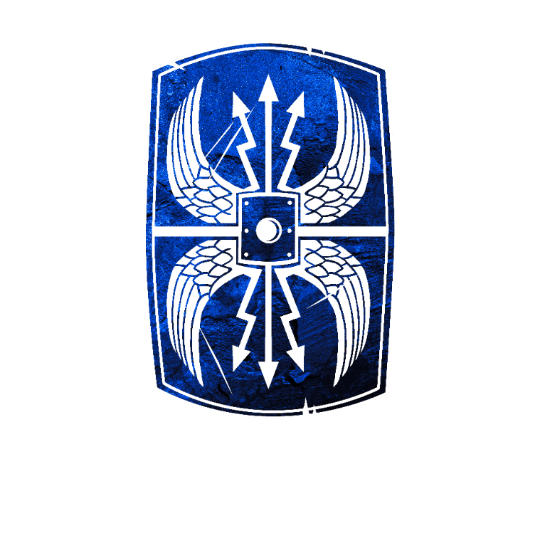 'Fall of Rome' focuses on the nomination, execution and voting stages of the Blood on the Clocktower game, providing a gentle nod to the political advances made by the Roman Empire.
'Fall of Rome' focuses on the nomination, execution and voting stages of the Blood on the Clocktower game, providing a gentle nod to the political advances made by the Roman Empire.
The nominations stage in many scripts and games contains a lot of the vital decisions that compose a typical and tense game of Blood on the Clocktower. In 'Fall of Rome', the value of the nomination stage doubles, with this phase of the game acting as a public platform for many to use their characters abilities and to ultimately gather information. The game is suitable for those comfortable with the simple yet complex nature of nominations and voting, with an understanding towards the benefits of executing daily.
'Fall of Rome' offers many interesting game mechanics that players can really bite into, including a host of good and evil characters that meticulously watch over nominations, looking for their chance to gain information or to create chaos! An obvious nod towards public claims is present in a 'Fall of Rome', alongside a host of reasons for false information to be present, the critical component of any Blood on the Clocktower game.
Duplicates of characters, a public fabled and a twist on miss-information are all present. So make sure to look out for the Legionary, Hannibal, Spartacus & Bad Omen!
I hope you all enjoy playing and storytelling 'Fall of Rome'!
Many thanks to Chiz, Patters, Ryan, Debbie, Jack B, Dave, Jamie, Jams, Greg, Ben P and Stellarium for the support in creating this homebrew.
The Scholars of Rome have completed some great works during their times, but nothing compares to the works on the FoR Almanac, huge thanks to our Scholars: ContrapuntalAnt, Ryan & Chiz.
Whether the city rised or fell, the message would have been spread and the Rome's fate known. I would like to extend my thanks to Rome's Standard Bearers who in every instance helped spread word: Patters, Chiz, Chris & Eevee.
Additional thanks to the Mozart group, PattersTTV, the Unofficial Textgamers, the BotC - South West & Wales servers, and Samba's Sunday Night Sessions.
For any feedback, queries or recommendations do not hesitate to contact.
You can find me on Discord (AlexS #4891) and on the Unofficial.
Thanks, Alex
Fall of Rome © 2022 by Alex Sadlier is licensed under CC BY-NC-ND 4.0. To view a copy of this license, visit http://creativecommons.org/licenses/by-nc-nd/4.0/
































